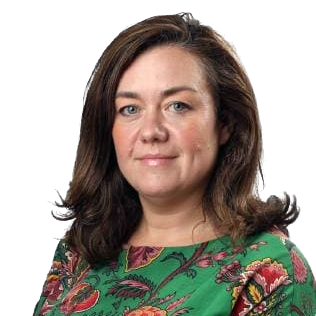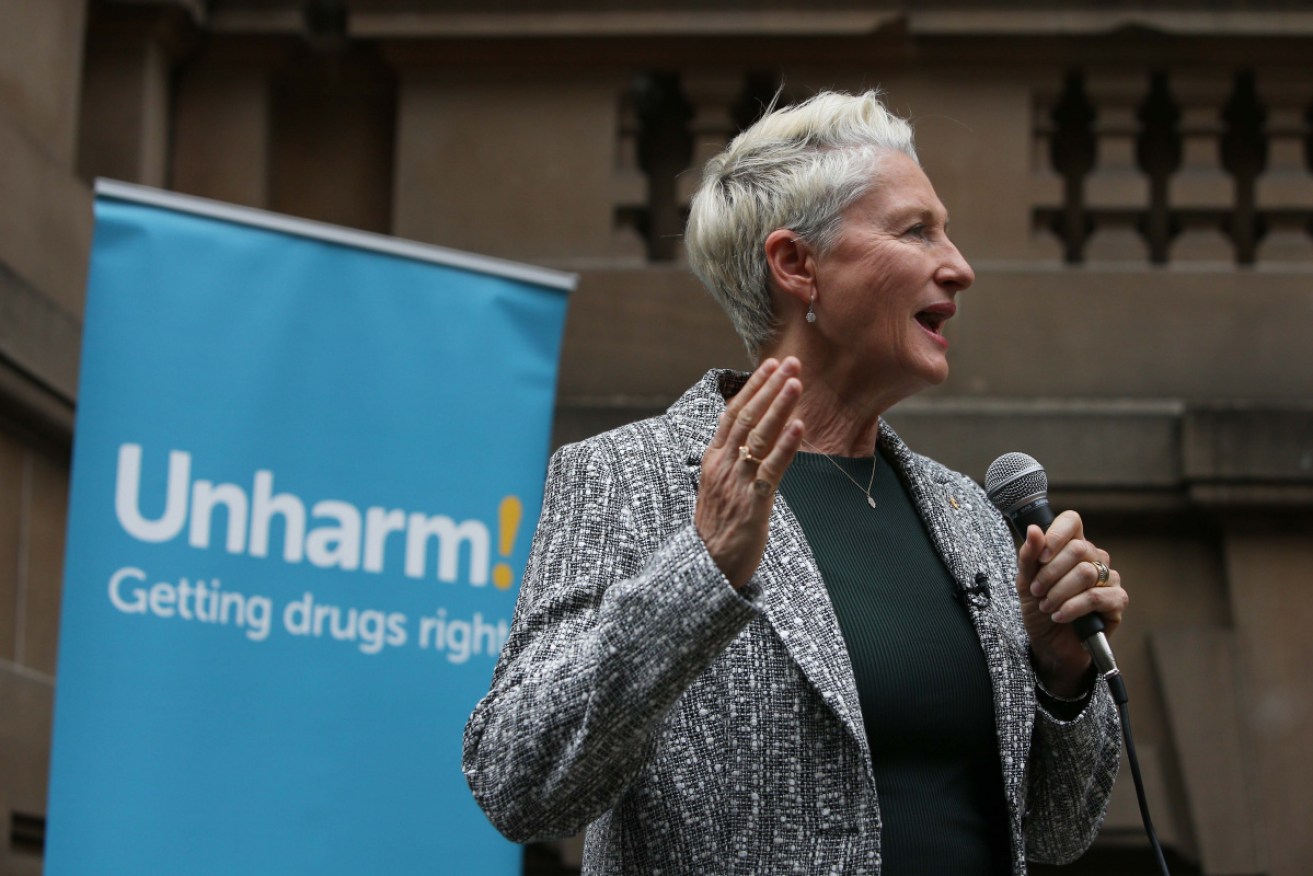Independent MPs divided on asylum seeker evacuation plans


Labor senators backed Independent Kerryn Phelps' initiative. Photo: Getty
Prime Minister Scott Morrison’s olive branch on asylum seekers – a medical panel to oversee transfers from offshore detention centres – has been rejected by key independent MPs.
But it could still be enough to avert a historic loss on the floor of Parliament if Mr Morrison can convince Victorian independent Cathy McGowan to support the idea.
That would rob the crossbench of the votes it needs to defeat the government in Parliament. Other crossbenchers, including Kerryn Phelps, Rebekha Sharkie and the Greens’ Adam Bandt, have confirmed they are still confident the numbers will hold in support of medical evacuations of remaining adult detainees.
The New Daily understands Ms McGowan is considering the government’s proposal.
The government wants to establish an independent Medical Transfer Clinical Assurance Panel to provide clinical assurance on decisions about medical evacuations from regional processing countries to Australia or elsewhere.
It also wants to establish an inpatient mental health service to treat asylum seekers at the Pacific International Hospital in Port Moresby.
“We’ve always had a medical transfers process but this is about giving Australians greater assurance that people in offshore processing get the right support,” Mr Morrison said.
“Operation Sovereign Borders strikes the compassionate balance between stopping the boats, and ensuring genuine asylum seekers are recognised and resettled in a safe third country.”
However, the key sticking point for the independents and crossbenchers is that the PM’s plan unashamedly ensures the immigration minister retains the power to veto medical transfers.
On Monday, Dr Phelps, the independent MP for Wentworth, said that was not good enough. She said her private member’s bill to allow emergency medical transfers from offshore detention – flagged late last year – would go ahead when parliament resumes next week.
Immigration Minister David Coleman warned any move towards medical evacuations that cannot be vetoed by the minister would restart refugee boats.
“It is absolutely critical that the bill doesn’t go forward. Because if the bill goes forward, offshore processing comes to an end effectively,” he told Sky News.
“If offshore processing comes to an end then the boats will restart.”
If the bill does pass the House of Representatives, it could be regarded as a de facto motion of no confidence in the government.
To try to head that off, the government moved on Sunday to announce that all remaining children would soon be removed from Nauru.
Even if the legislation passed, there would still need to be a no confidence vote on the floor of the parliament to determine whether the Prime Minister still had control of the House of Representatives or whether a snap election should be called.
Government officials claimed on Monday that the proposed medical panel was “a standalone policy and not related to the bill being pushed by Labor, the Greens and independents”.
“The new panel will provide an additional layer of medical oversight on transfers from offshore processing countries,” Mr Coleman said.
“Through its regular reports to Parliament, the panel will provide further information to the Australian people about the medical transfer process.”
On Sunday, Dr Phelps left the door open to supporting a motion of no confidence, confirming she was offering the government no guarantees. A spokesman for Dr Phelps told The New Daily on Monday that position still stands.
“I am not committing either way,” she said.
“I don’t want to get too far ahead of the situation. We will decide what I will do on the basis of how the government conducts itself.
“The way the government can avoid losing the floor in the house is to vote with us. Let’s make it unanimous.
“I have said governments should run their full term. We have an election due on or before May. I haven’t given any guarantees at all on confidence because I don’t think it’s appropriate. I will judge the situation in the context of the time.”
Currently, medical transfers are considered by a Home Affairs Department’s committee. The Assistant Commissioner, Detention and Offshore Operations Coordination, can authorise the transfer of an individual for medical treatment at any time.
The proposed new panel will include a nominee of the Commonwealth chief medical officer, an expert with torture and trauma counselling experience, a nominee of the president of the Australian Medical Association, and two nominees of the Department’s chief medical officer, one with current mental health clinical experience.
The panel will also report to parliament twice a year, providing “an additional layer of parliamentary scrutiny of transfer related decisions.”







